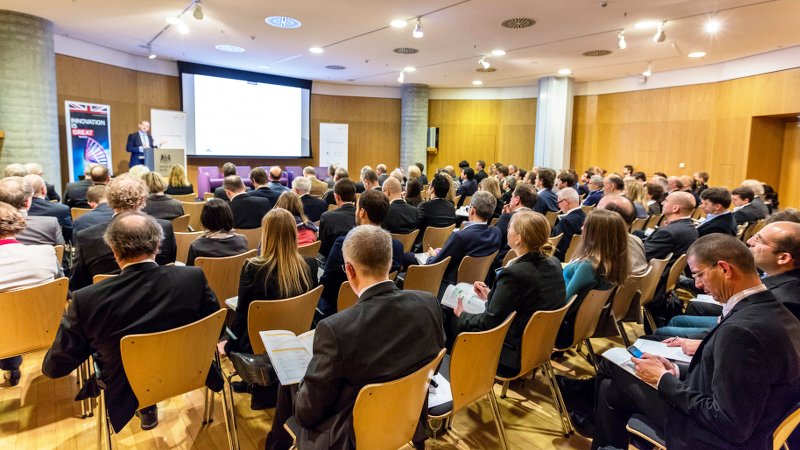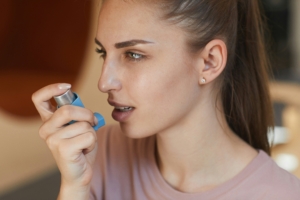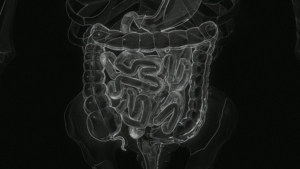The Berlin Conference brought together more than 30 speakers from all over Europe to shed light on the current business activities in the field of therapeutics to combat antimicrobial resistance (AMR). The event was jointly organised by German information specialist BIOCOM AG and the UK’s Department of International Trade in the British Embassy in the German capital. It presented a broad spectrum of speakers from the business, academic, investors and clinical side, demonstrating that there is not only challenging science and technology to address resistant strains, but also appropriate surroundings of funding, regulation and pricing to be aware of.
Multi-donor capital pool wanted
However, the overall atmosphere was optimistic. It is not as scary as it looks like, keynote speaker Christopher Egerton-Warburton, Chair of the UK’s newly established Global AMR Innovation Fund (GAMRIF), stressed in his presentation. In view of the large number of funding initiatives across the globe, the investor argued for a multi-donor capital pool with a ten year’s perspective to address the estimated total funding need of two billion euros in the field. With this approach we could tackle the challenge, he said and pointed out: Given the experience from the vaccine world I have, we should bundle all existing efforts into few strategic initiatives of high value instead of establishing too many stand-alone, fragmented funds. GAMRIF was set up by the British government with an initial capital of £50m and is open for others to join. According to Egerton-Warburton, the Bill and investors from the private or public sector to join. The Melinda Gates foundation already committed an additional budget of 25 million dollar. With the Chinese government a bilateral agreement was started. During 2017, GAMRIF will outline its full programme to accelerate innovative private sector R&D. Egerton-Warburton: We fear, there is currently more focus on the new, then finishing what is already in the pipelines.
First selected projects within CARB-X and AMR Centre expected
Another international fund specialised in AMR research, is the CARB-X initiative, started by US-based BARDA in 2016. Among the international partners is also the British AMR centre. Together with the Welcome Trust UK will thus add further money to the 250-million-dollar funding initiative. During the Berlin Conference, AMR centre head Peter Jackson, gave an update of the first calls. We are in the doing phase, he said. According to him, more than 300 expressions of interest so far requested over one billion dollar in funding in two calls. In March, we will announce the first selected projects, Jackson told the audience.
Appropriate funding schemes for SMEs
The high relevance of SMEs in the field was emphasised by the dozen companies that presented their new technologies and drug candidates during the conference. Some of them, such as AntibiotX from Denmark, reported successful progress in their pipeline towards later stage clinical trials. Marie Petit, coordinator of the BEAM Alliance, announced a new position paper of the European network to point out major recommendations for the field. In addition, she called for funding schemes that are appropriate to handle for small companies.
Other topics of the conference included IP issues, presented by Boehmert & Boehmert as well as the clinical and academic perspective. The wide range of entrepreneurial spirit in the field was visible in the startup competition. Whereas the three companies Auspherix (UK), Quretech Bio (SE) and Immunethep (P) asked for financing rounds up to 12 million euros, Omnix Medical from Israel and Juvabis from Switzerland were at more earlier stages of company development. At the end, Juvabis convinced the jury members with its broad technology platform able to address all current known resistance mechanisms of gram-positive and gram-negative pathogens.
In 2018, the Berlin Conference on Life Sciences – Novel Antimicrobials and AMR Diagnostics will take place on 2 March. (website)




 Unsplash+
Unsplash+